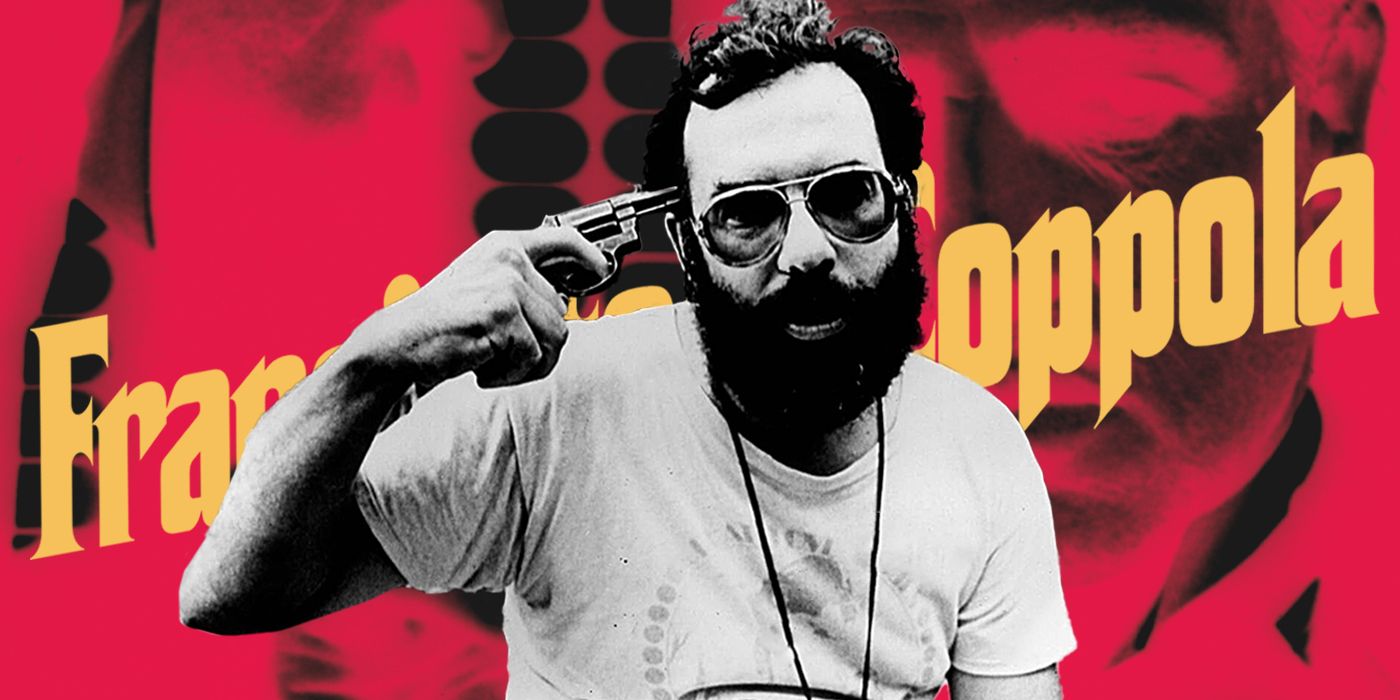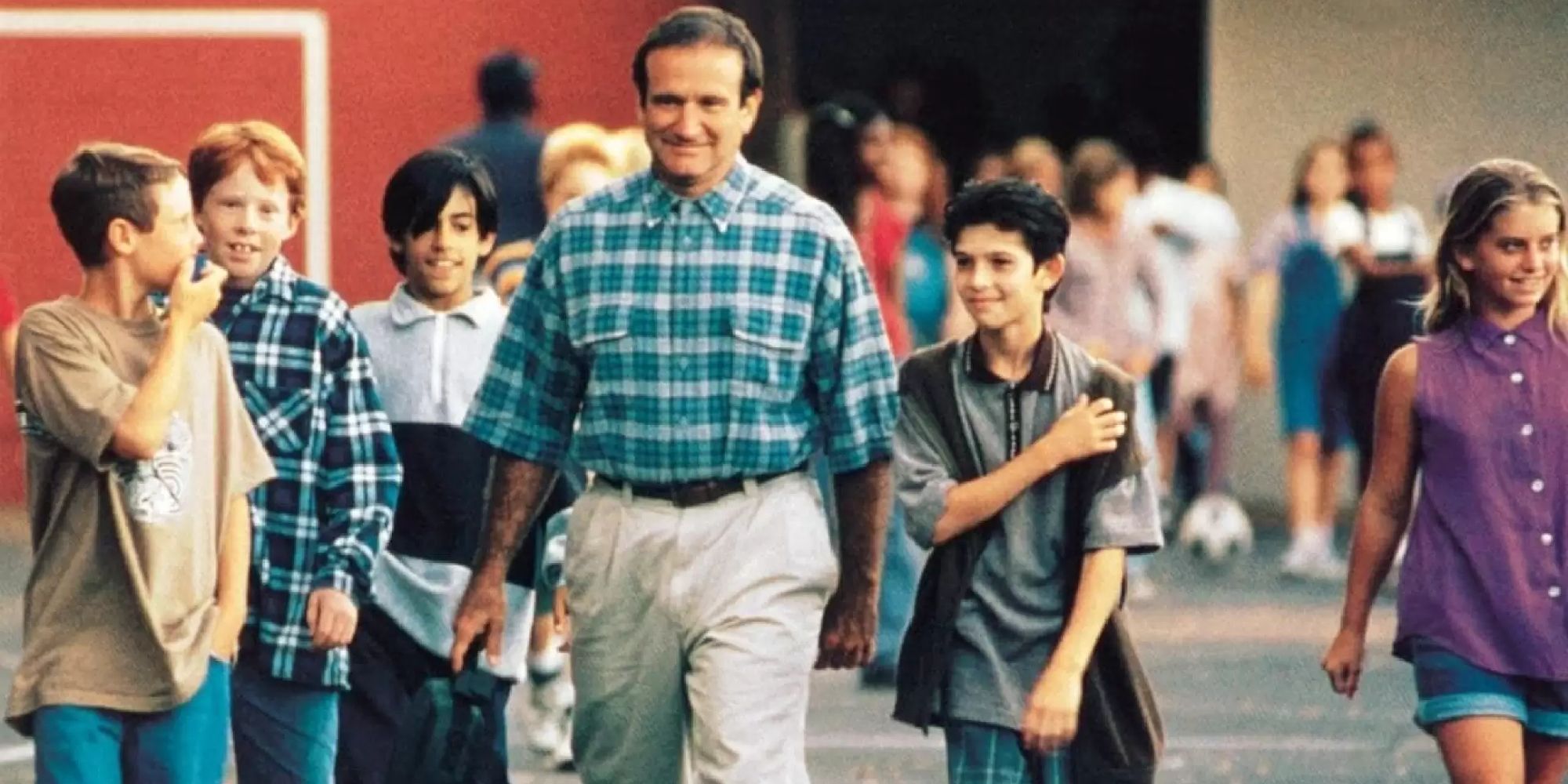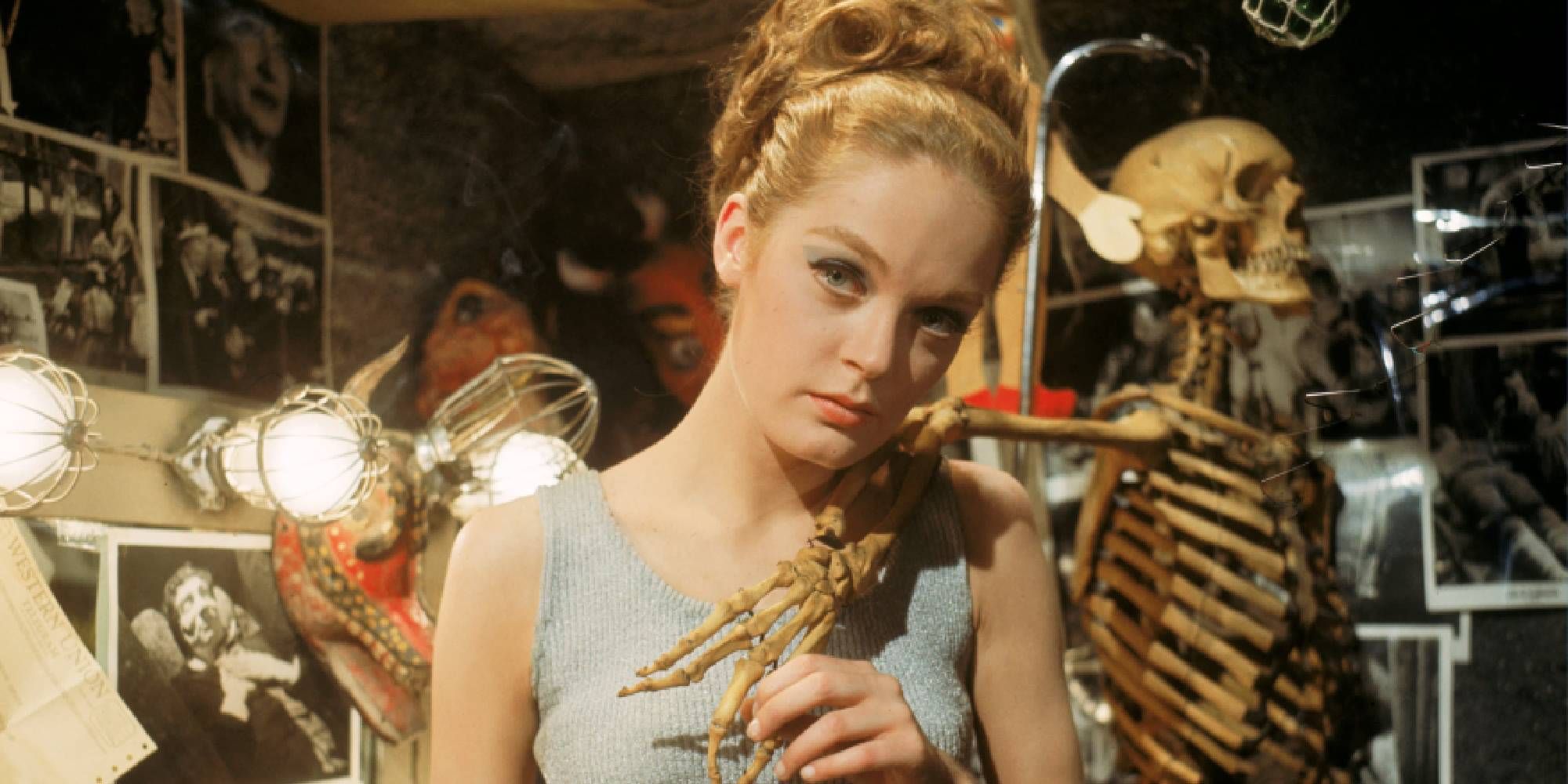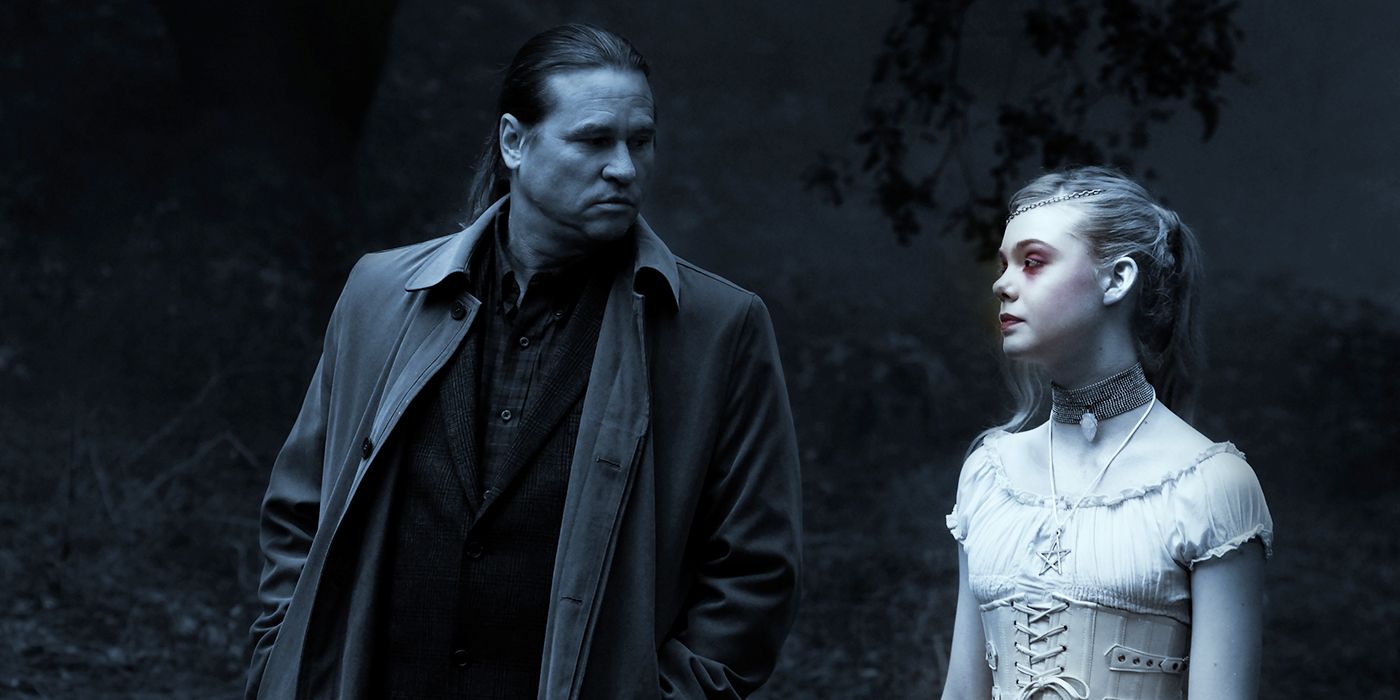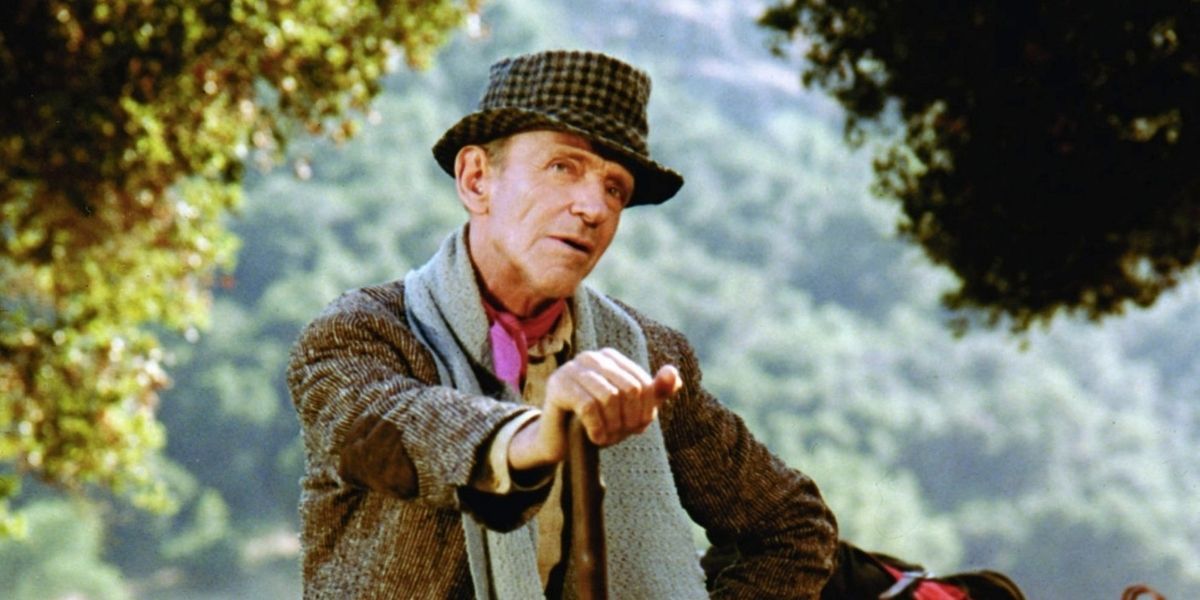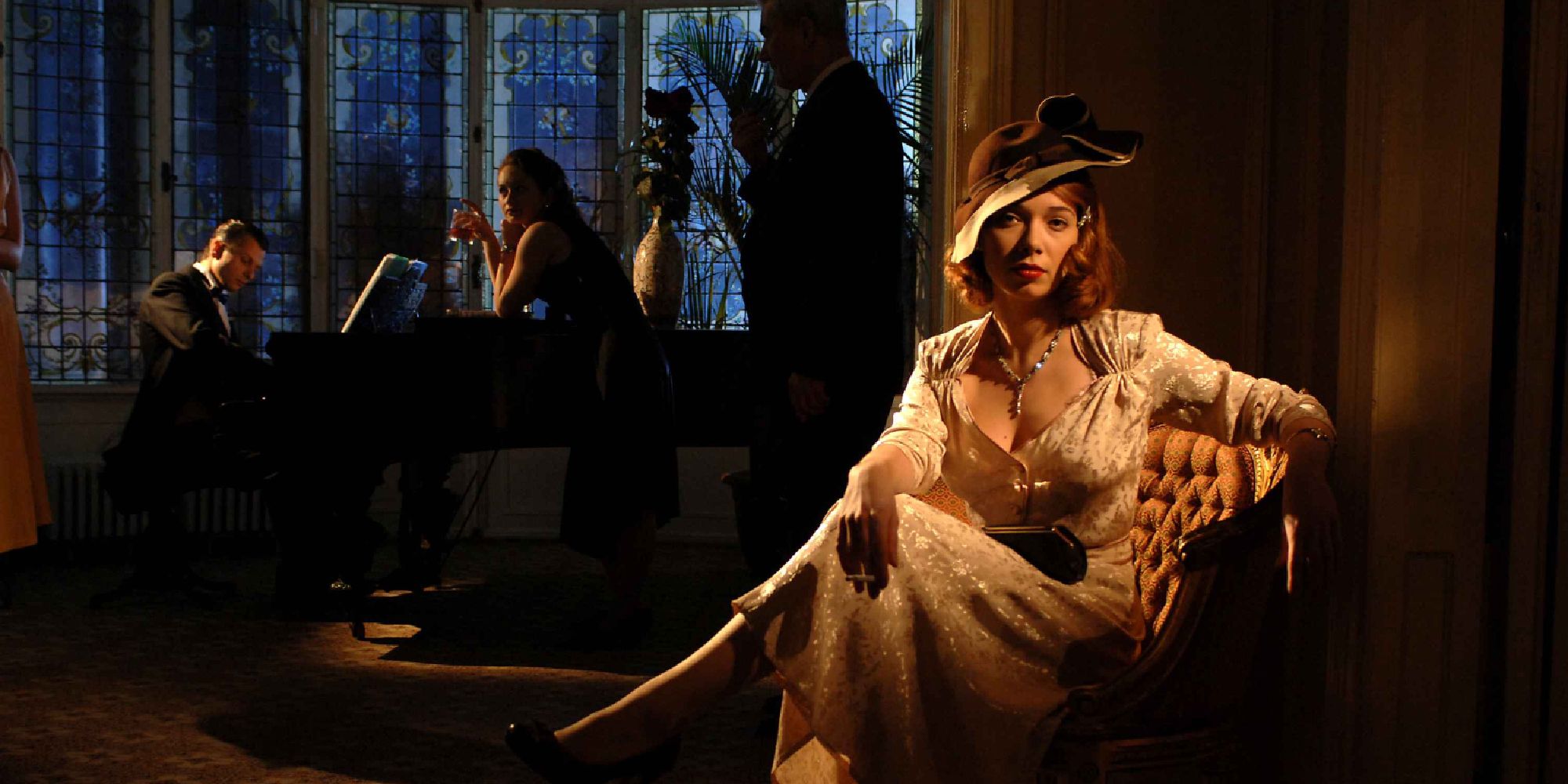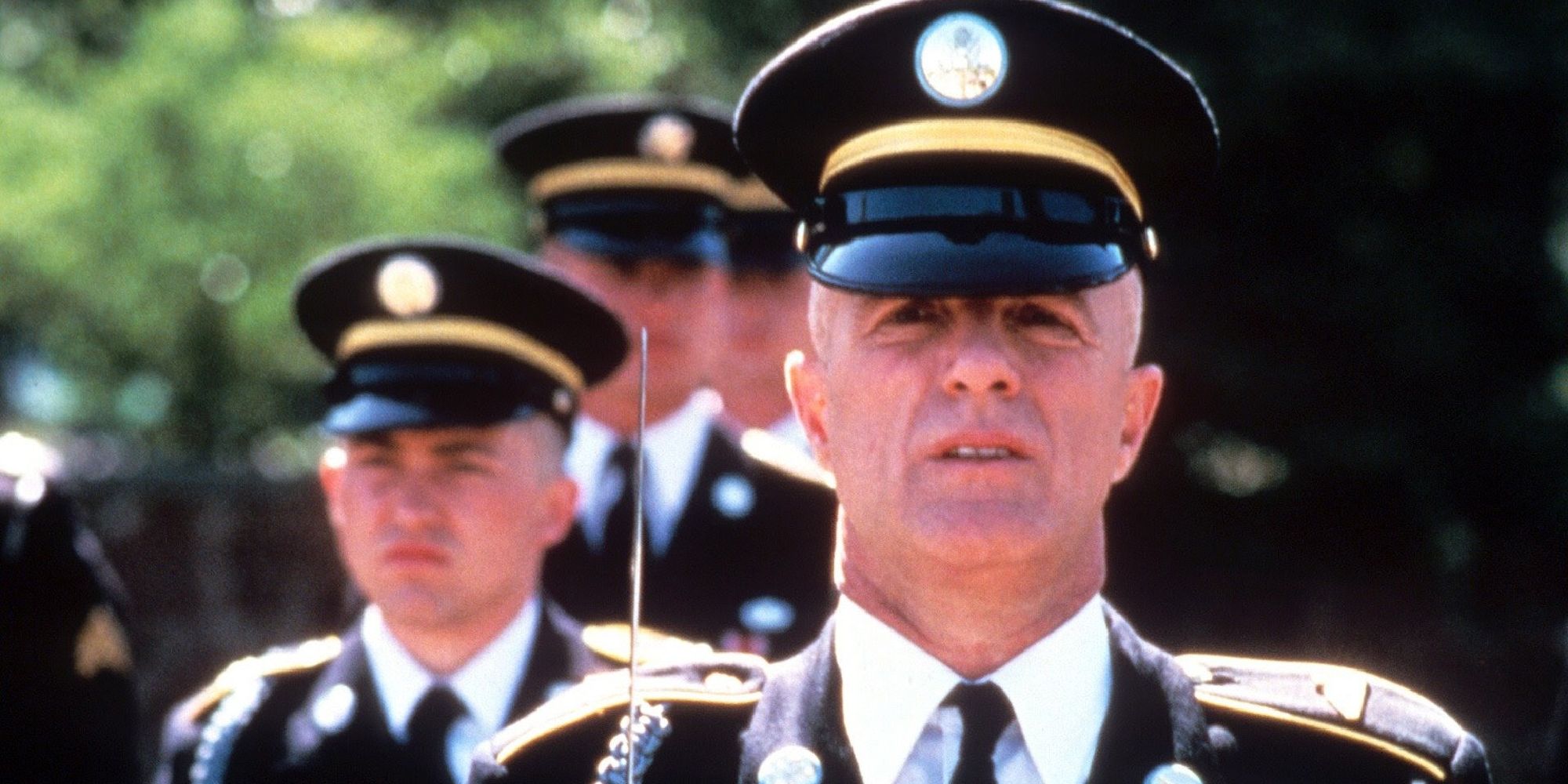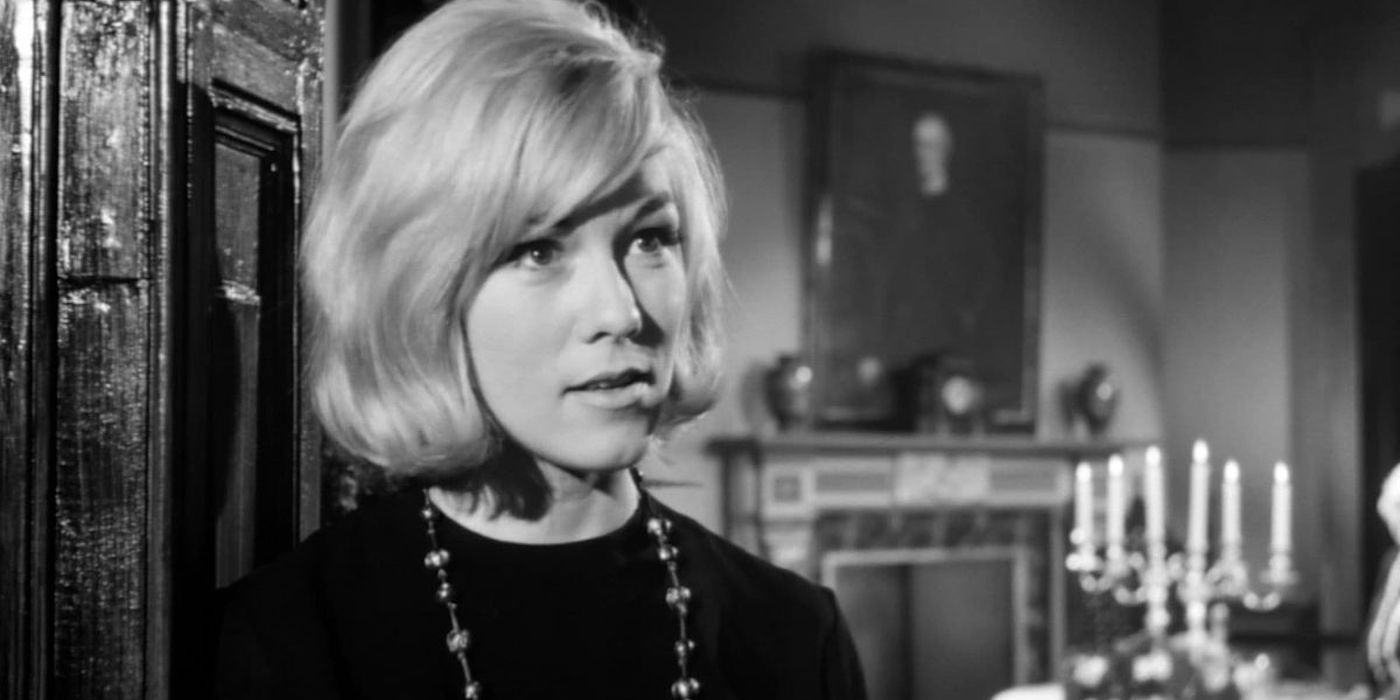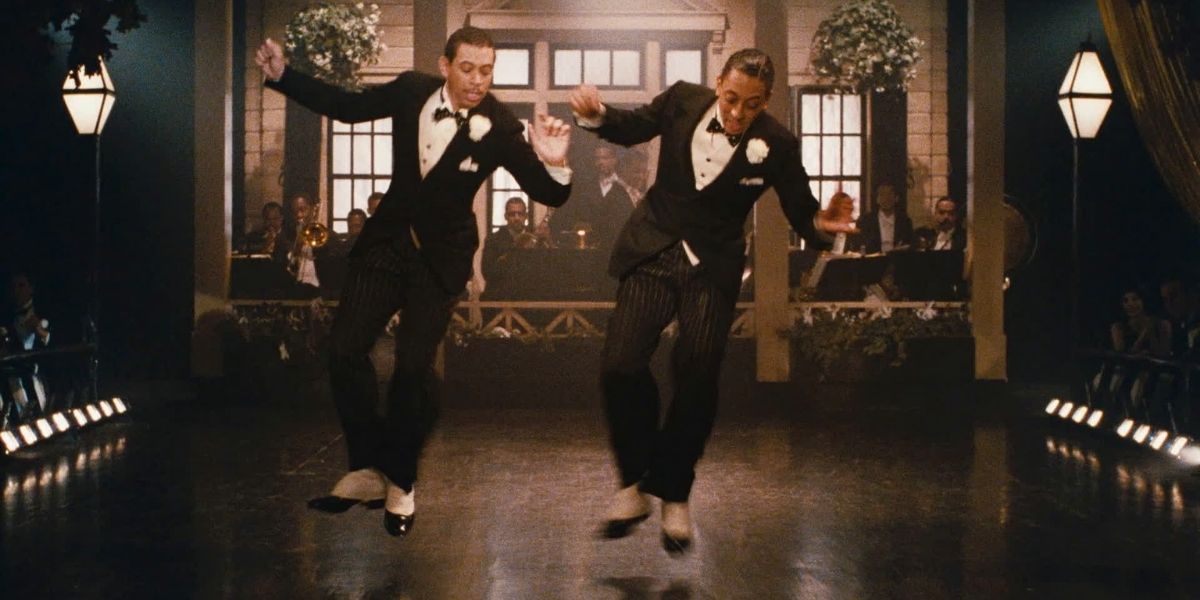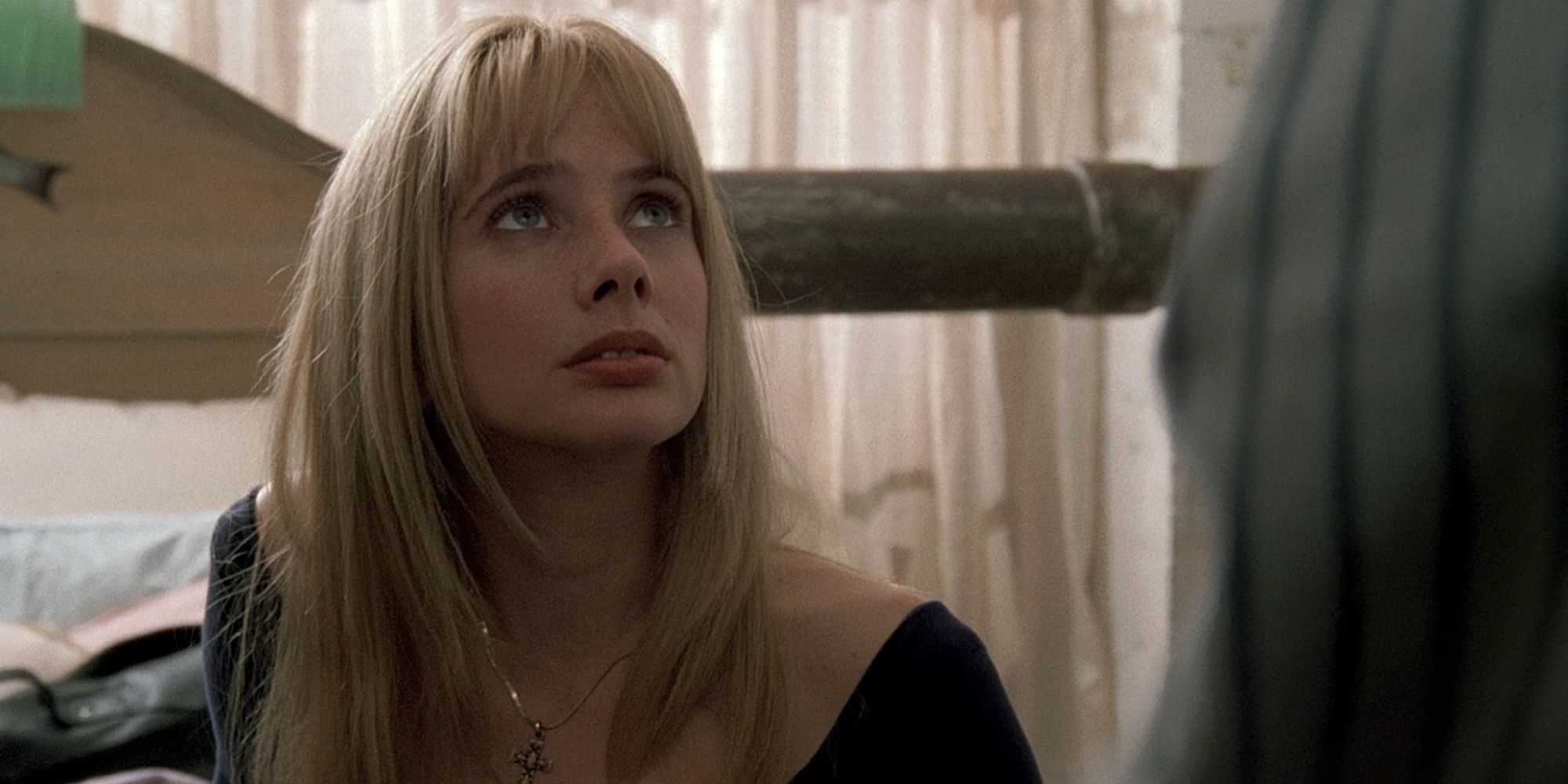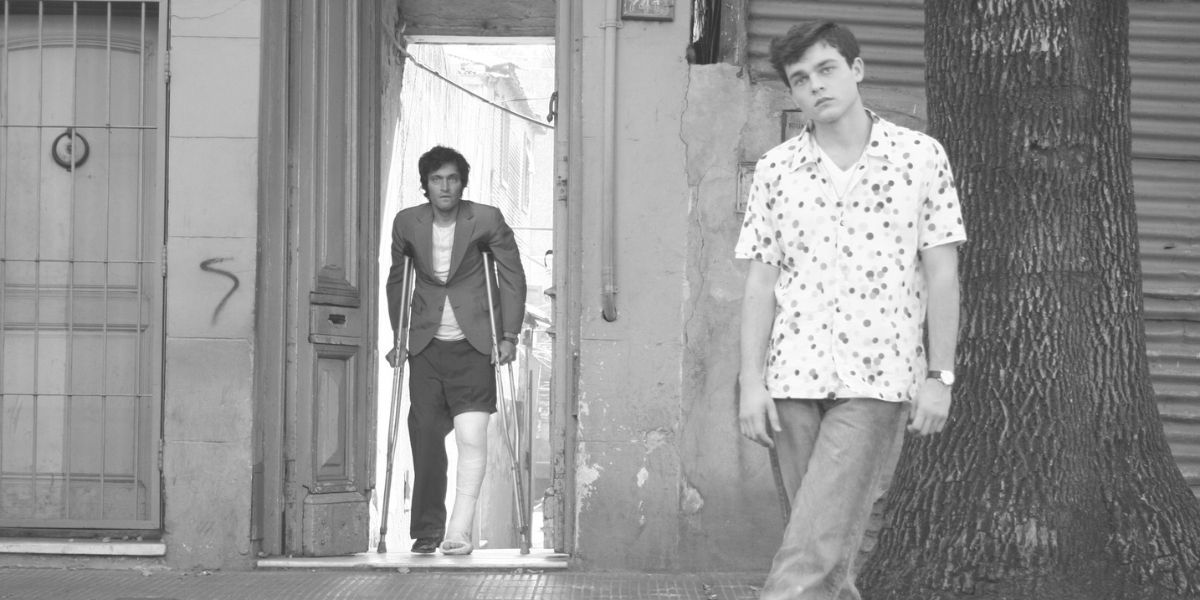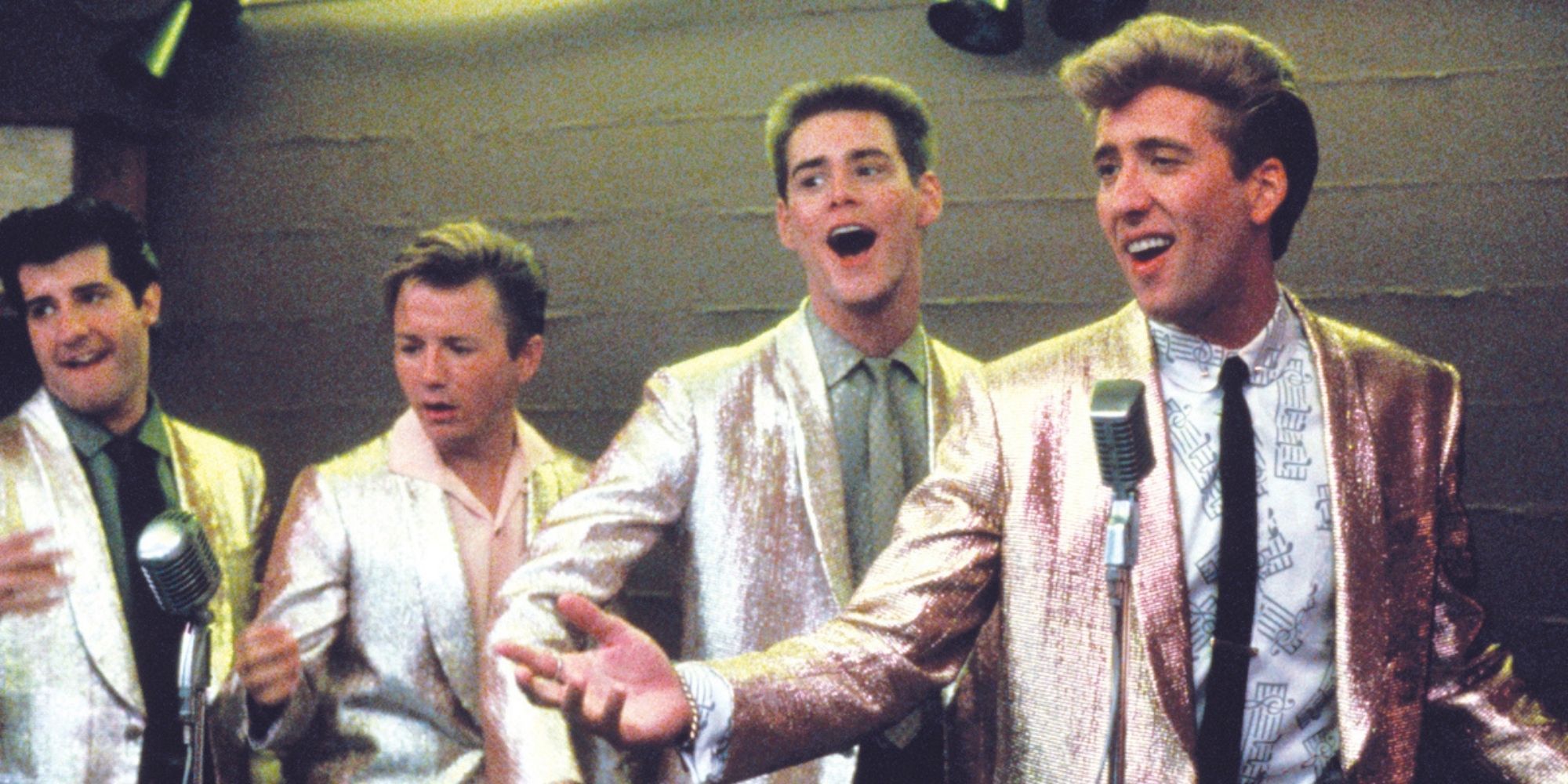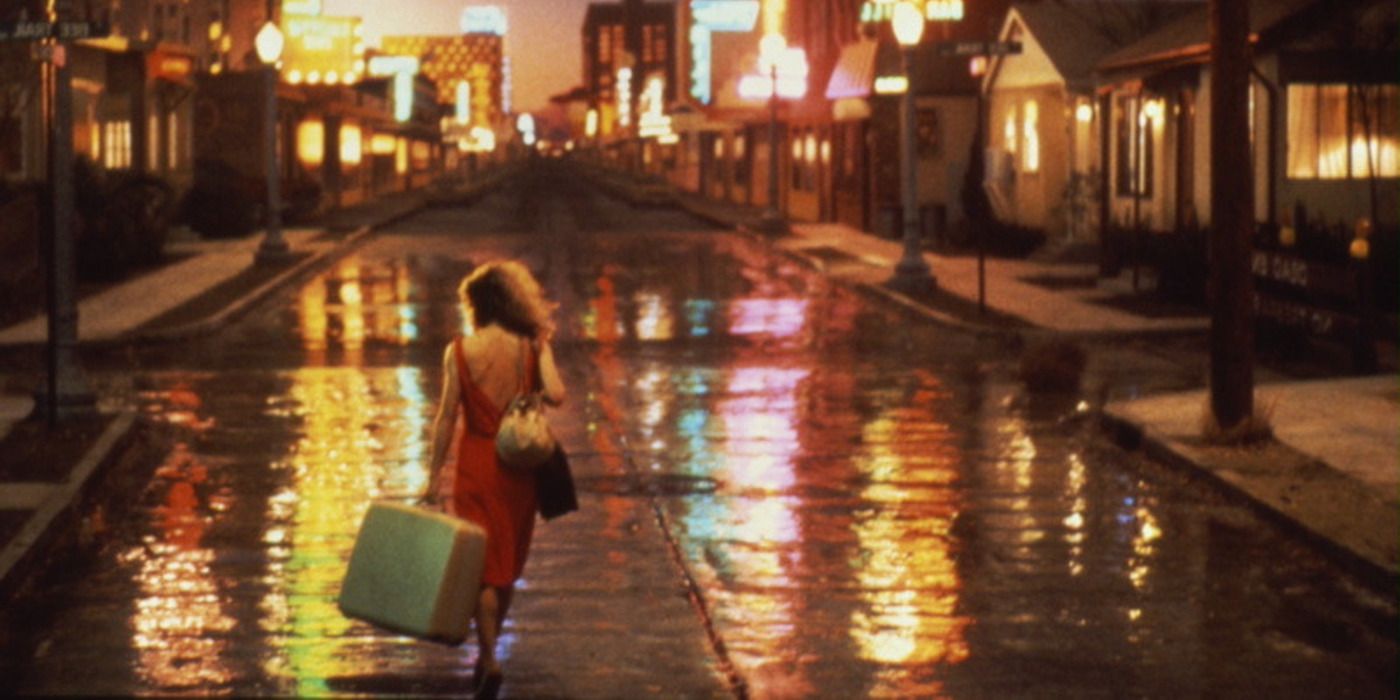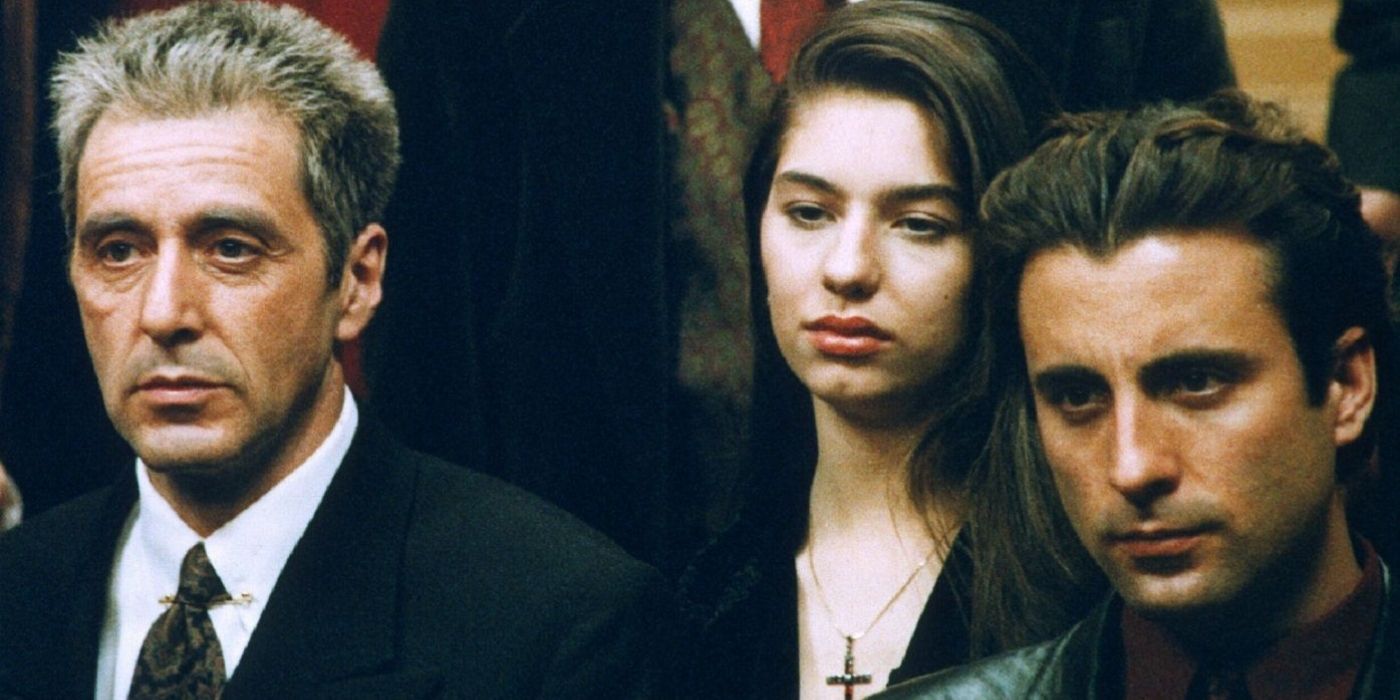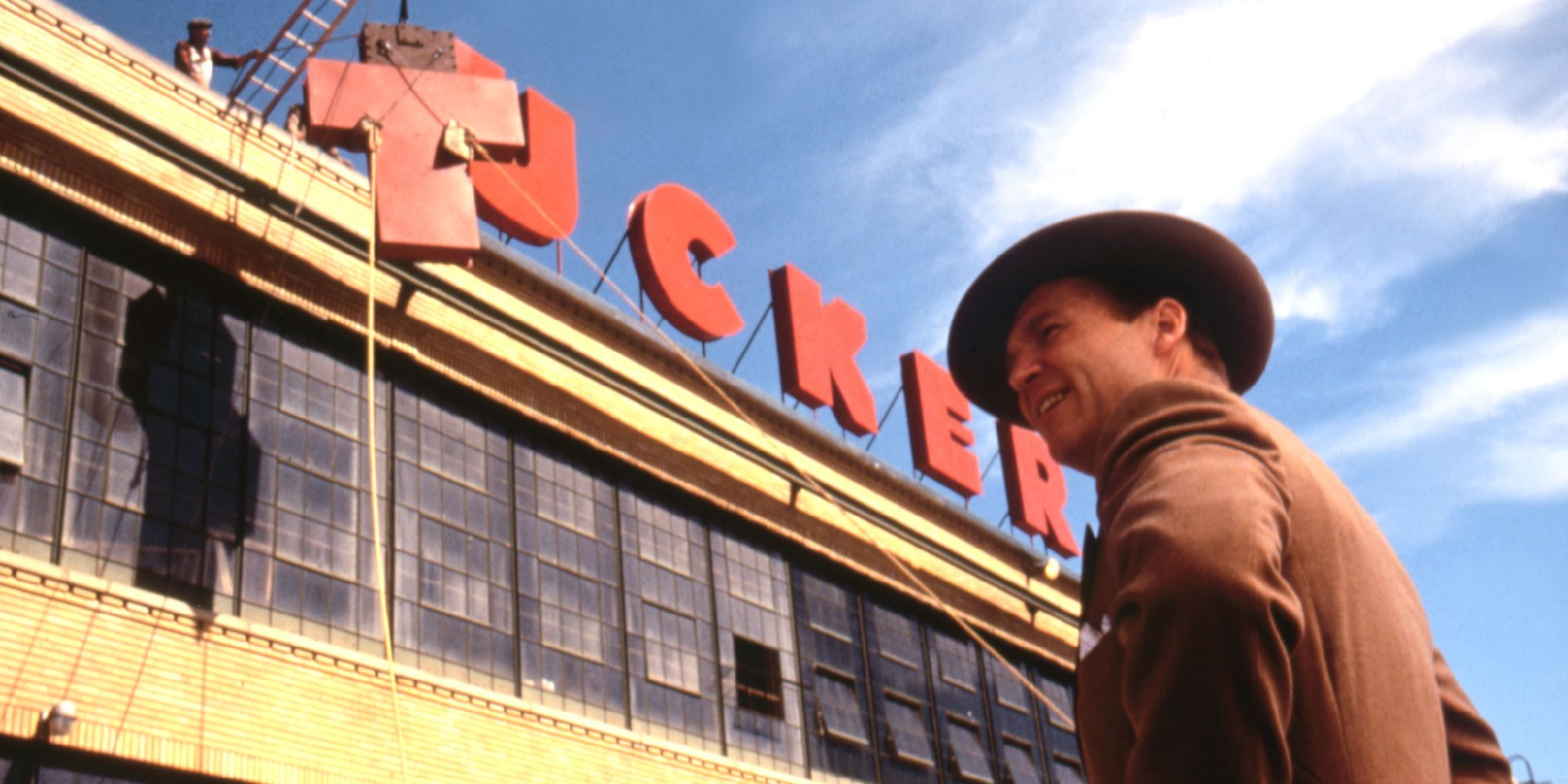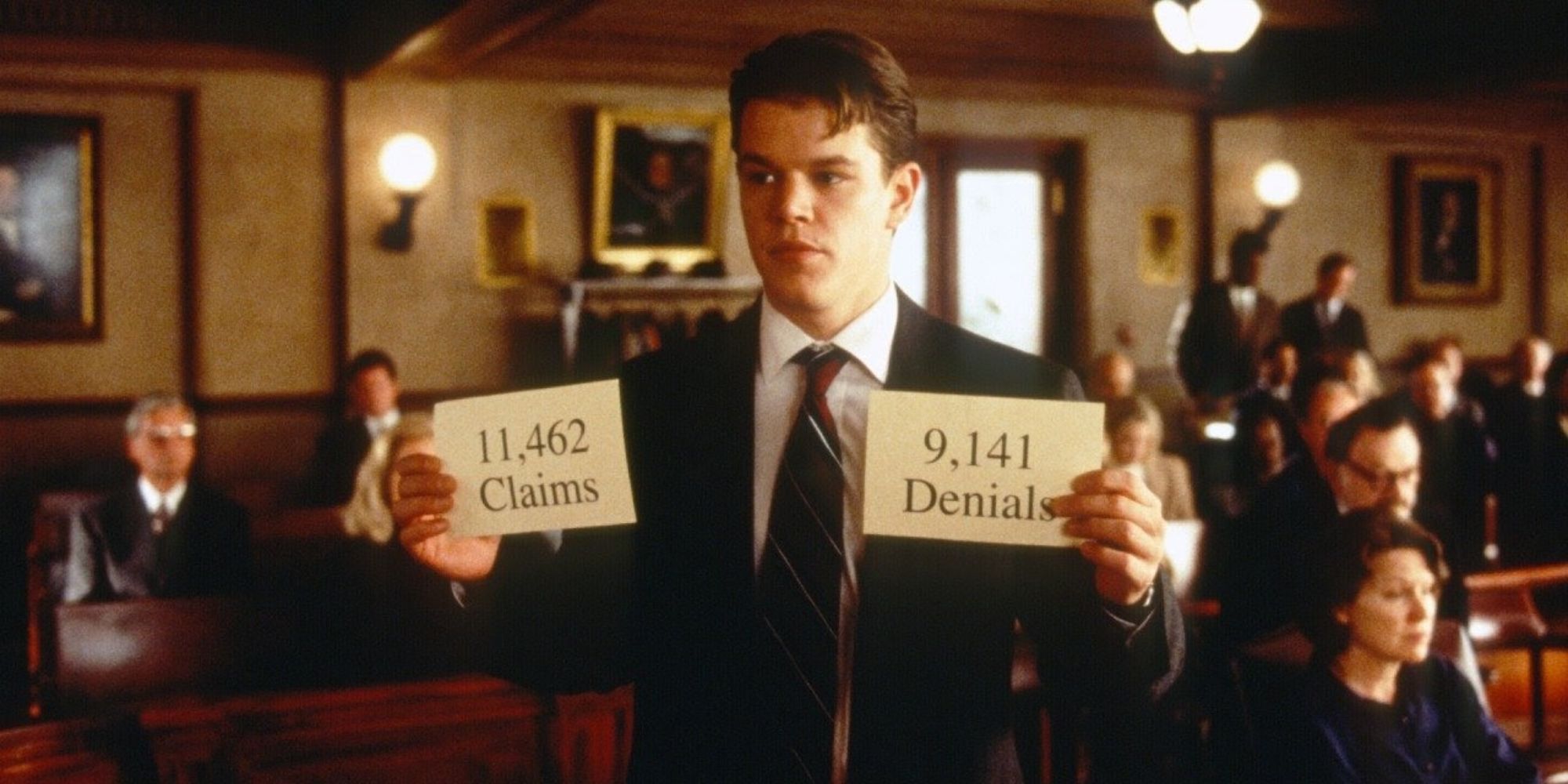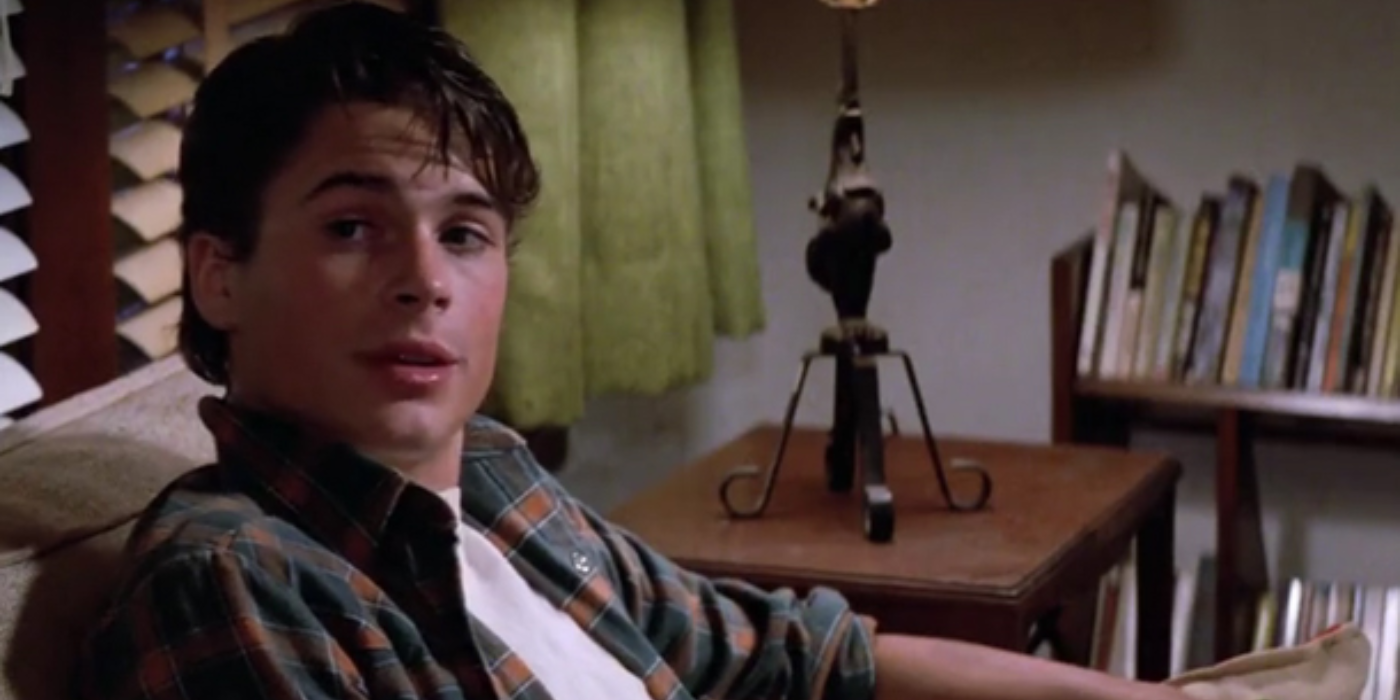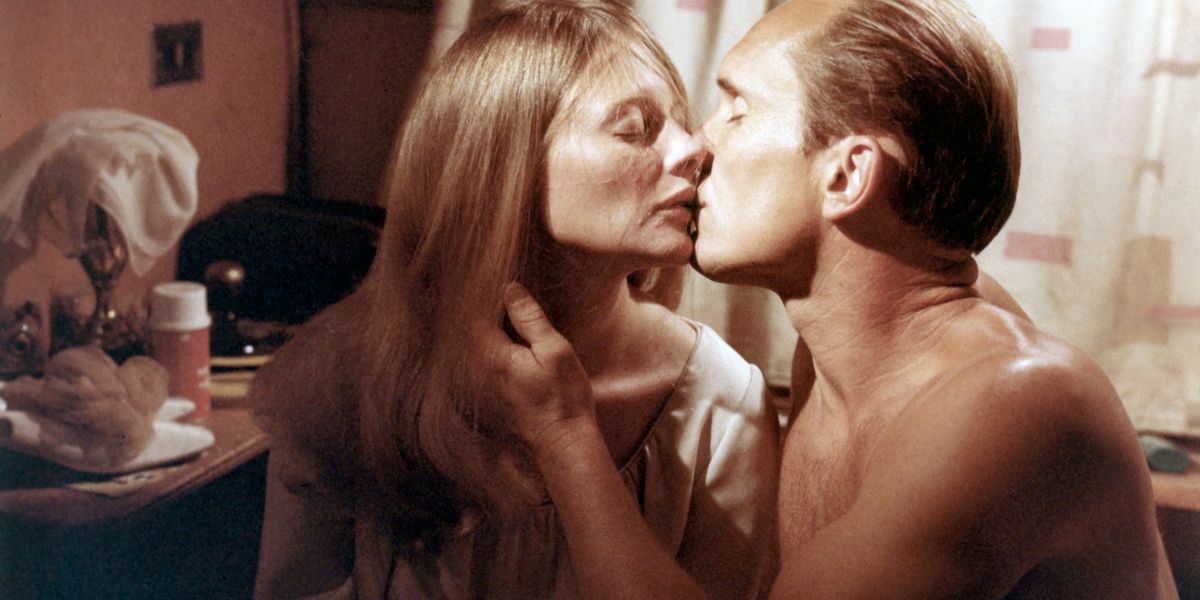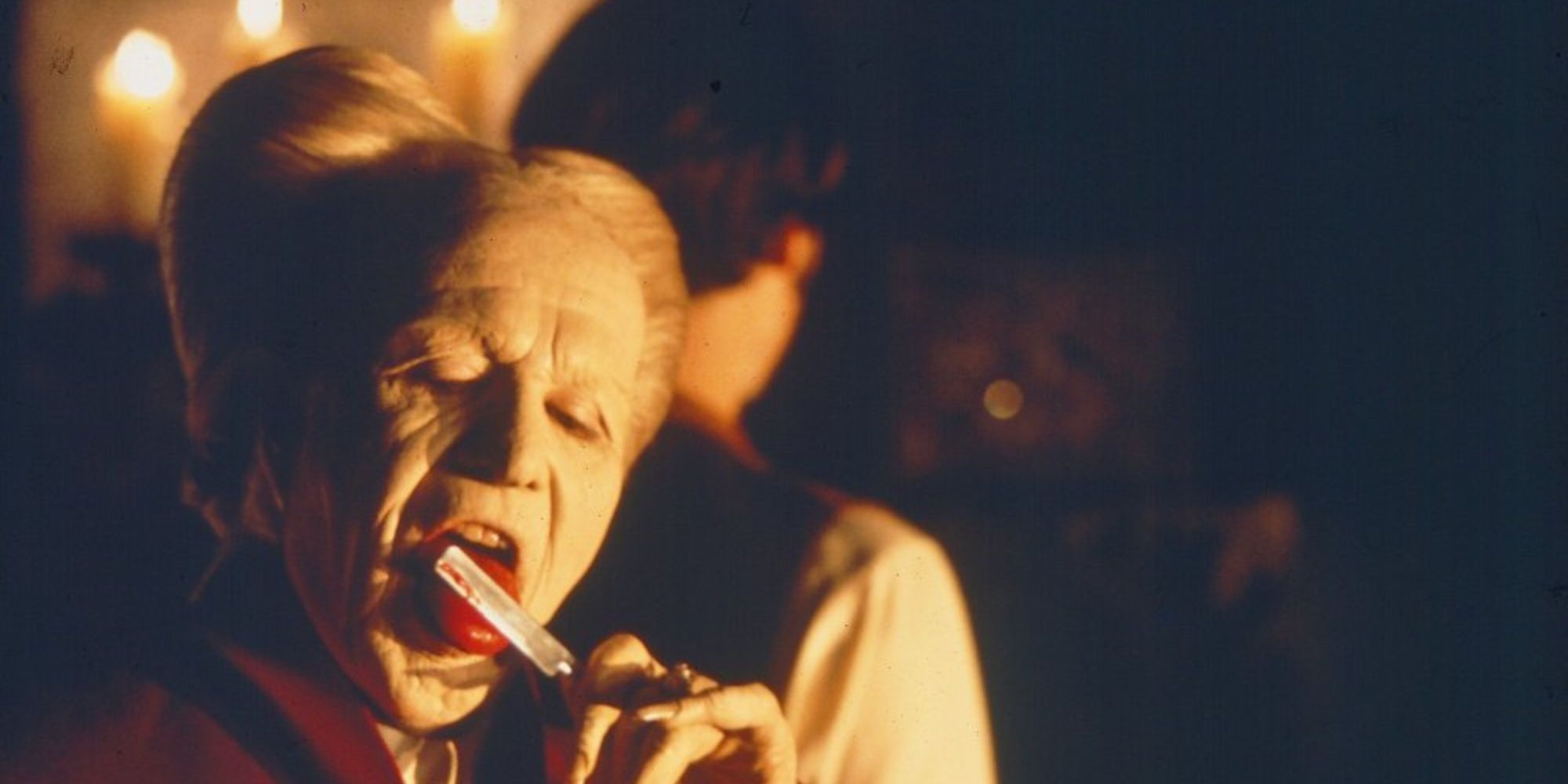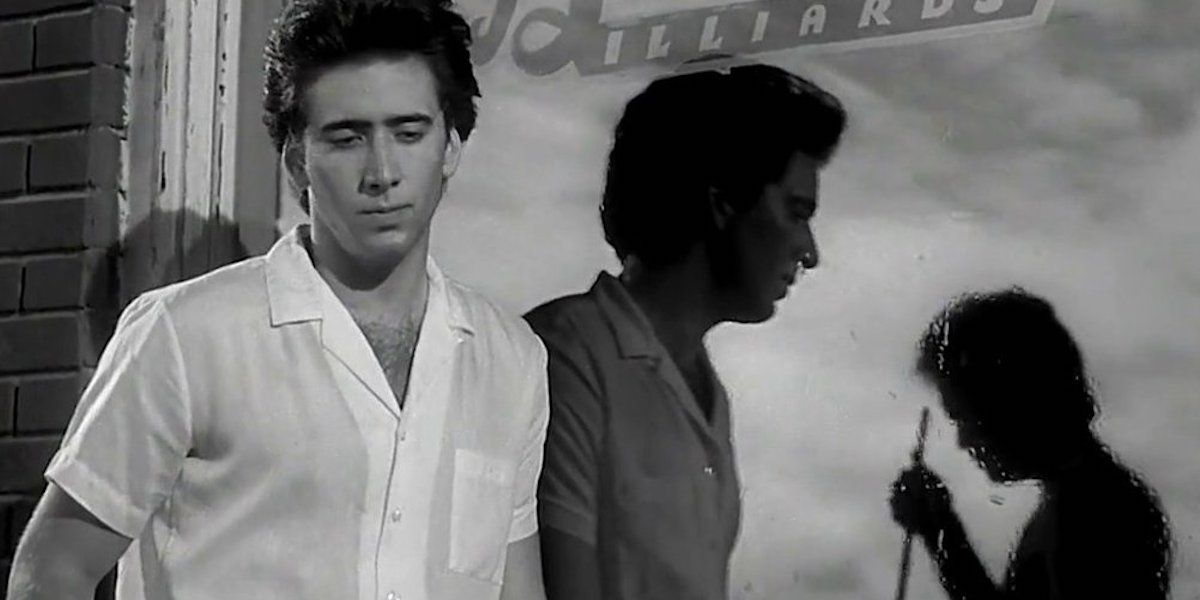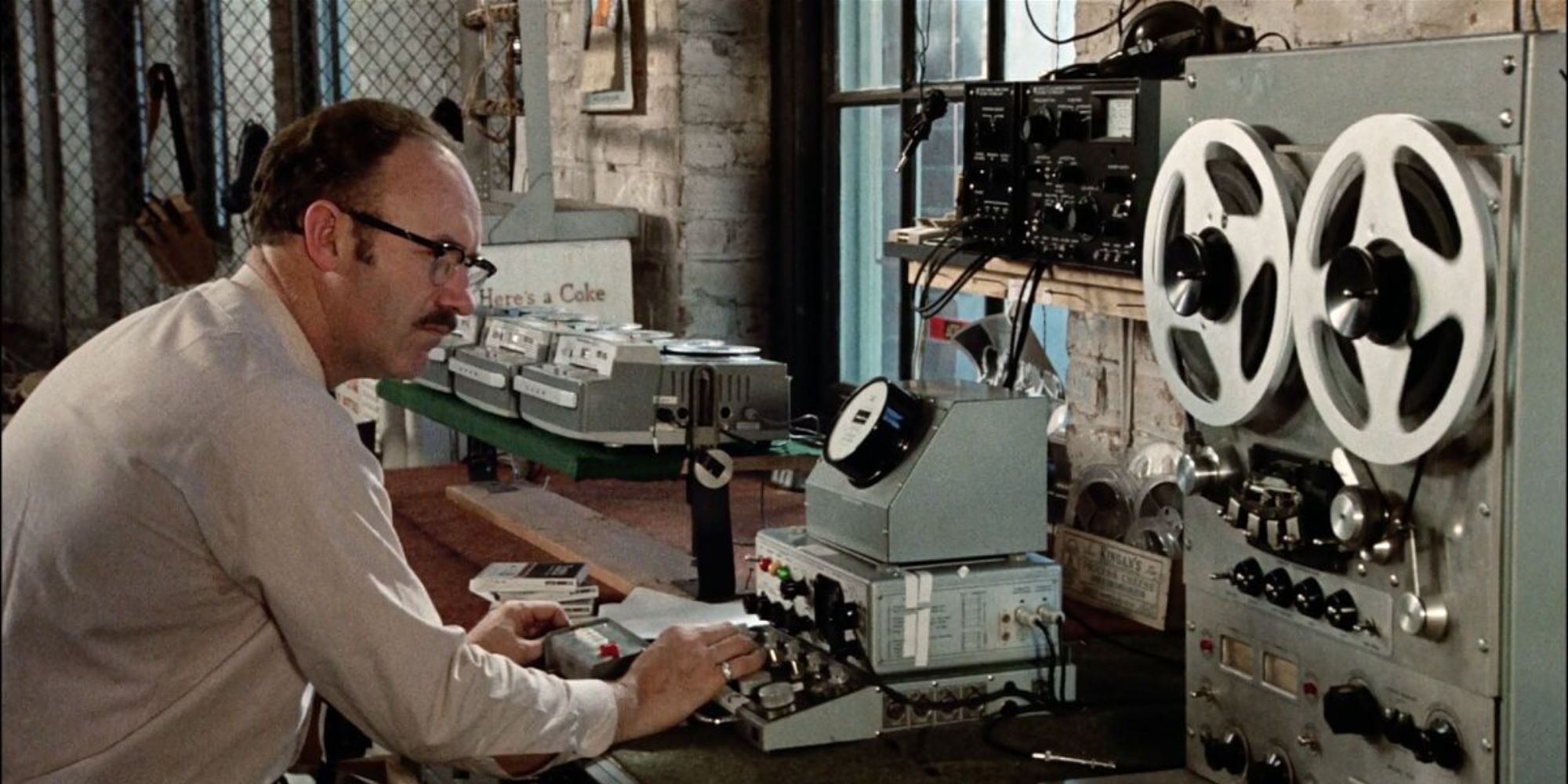Few filmmakers working today have been in the directing business as long as the legendary Francis Ford Coppola has. His directorial debut was in 1963, and he's currently in the midst of making his lifelong passion project, Megalopolis, which finished filming in early 2023 and is scheduled for a 2024 release. He's directed many movies throughout his six-decade-long career, and is also prolific as a screenwriter and producer, the latter due to his role as co-founder of the film production company American Zoetrope.
It's daunting to look at his entire body of work, as not only is it sizable, but it also varies quite drastically when it comes to quality. Most of Coppola's films are at least good, and some easily rank among the greatest of all time, but his filmmaking career hasn't been without a small number of critical misfires here and there. The following aims to single out the great from the good, and the good from the bad, with all of Francis Ford Coppola's movies being ranked below from worst to best.
23 'Jack' (1996)
It's potentially enjoyable as a so-bad-it's-good movie, but otherwise, Jack's one Francis Ford Coppola film that's likely best avoided. It follows a young boy who ages four times faster than everyone else, with this boy played by Robin Williams, and the plot largely centers on how he attempts to fit in with ordinary-looking kids at a public school.
It's bizarre that it is something that sits within Coppola's body of work, given the legacy that some of his masterpieces tend to have. Jack is far from a masterpiece, but it has some value owing to how odd it is that it even exists, and for better or worse, Williams does give a typically committed performance in the lead role.
22 'You're a Big Boy Now' (1966)
It's possible to cut Francis Ford Coppola some slack for You're a Big Boy Now, as this was just the second feature film he directed. It was released when the director himself was only 27, and has a story about a young man who moves to New York City and falls for two different women - one who's quite cruel, and the other being shy but good-hearted.
It's not bad for its time, and certainly holds more value than Jack, which is pretty easy to identify as bottom-of-the-barrel for Coppola. You're a Big Boy Now fits in with the sort of rebellious, youthful films that were popular during the final years of the rebellious decade in which it was released, but probably isn't an essential watch for anyone other than the filmmaker's most devoted fans.
21 'Twixt' (2011)
Twixt is the most recent film Francis Ford Coppola's made, with Megalopolis set to break the 13-year-long gap in the director's filmography. It sees Coppola returning to the horror genre (one he'd dabbled in before), with the story centering on a struggling writer meeting a strange young girl and getting wrapped up in an unsettling murder mystery.
Visually, it's bold and even a little experimental, with Coppola embracing digital filmmaking techniques in a way that was always going to divide audiences. Coppola likes to challenge far more often than he likes to conform or chase trends, so Twixt is admirable for the visual and narrative risks it takes, even if watching it can feel a bit exasperating.
20 'Finian's Rainbow' (1968)
Believe it or not, Francis Ford Coppola directed a musical early in his career: Finian's Rainbow. Though it can't quite be ranked among the best musical films of all time or anything, it does happen to have one of the genre's greatest stars in it: Fred Astaire, best known for his tap-dancing prowess and frequent collaborations with screen partner Ginger Rogers.
Narratively, it revolves around some magical gold, and the way it changes the lives of various people living in the U.S. Also, the gold has literally been stolen from a leprechaun, and brought to America by a pair of Irish emigrants. It's strange and a little silly, but certainly works as a musical of its time, and has extra novelty value for being yet another unexpected movie in Coppola's back catalog.
19 'Youth Without Youth' (2007)
No one could accuse Youth Without Youth of not being ambitious, with it being one film of several that show how even as he gets older, Coppola continues to be uncompromising as an artist. Much of it plays out during World War II, with the narrative centering on a 70-year-old man who gets struck by lightning and finds it makes him become 40 again.
Also, the lightning gives him psychic powers. Also, he meets a woman who's had a similarly strange lightning-related experience. Also, they have to evade Nazis. All the while, the film ponders the nature of existence and deals with the idea of reincarnation. It's bizarre but undeniably singular from a narrative perspective, and features Tim Roth in the lead role, which is always a plus.
18 'Gardens of Stone' (1987)
It's certainly not Francis Ford Coppola's most well-known war movie, but Gardens of Stone is a pretty decent one, and does feel somewhat underrated. It follows a sergeant who becomes conflicted about sending young men to fight in the Vietnam War, and the way he struggles to do what he can to prevent some of the bloodshed.
James Caan showed up in several other Coppola movies, but Gardens of Stone was the only time he played the protagonist. He gives a strong performance in the role of a man doubting the very institution he belongs to, with the film overall being a well-made exploration of the Vietnam War, and how it was generally more contentious among Americans than other wars in (then) recent memory.
17 'Dementia 13' (1963)
Released the same year Coppola turned 24, Dementia 13 stands as his feature film debut. For a first movie, it's quite good, even if it's also safe to say that it doesn't reach the same heights his later films did... but very few directors peak early; perhaps even fewer would want to.
It's low-budget, short (at 75 minutes), and delivers a decent amount of B-movie thrills, with the plot centering on a woman who's stalked by an ax murderer. It's notable for being produced by Roger Corman, who, besides directing low-budget movies, also gave many up-and-coming directors their first break, feature film-wise. Beyond Coppola, he also did the same for other young directors before they became big, like Peter Bogdanovich (1968's Targets) and Martin Scorsese (1972's Boxcar Bertha).
16 'The Cotton Club' (1984)
The Cotton Club has a certain level of infamy for being a notable box office flop, having a huge budget and a troubled production history while ultimately losing money upon release. On paper, though, the narrative sounds fairly straightforward, with it being about the entertainers and gangsters involved with a 1930s Harlem jazz club.
It might have been a box office failure, but it's certainly not a failure of a movie, being a rather solid crime drama with great production design and a strong cast that includes the likes of Richard Gere, Diane Lane, Bob Hoskins, and Coppola's nephew, Nicolas Cage. It's an uneven but certainly interesting movie, and not deserving of all the scorn it's received.
15 'New York Stories' (1989)
Given it's an anthology film, Francis Ford Coppola is only of three credited filmmakers involved with making New York Stories, but it's still worth highlighting as something in his filmography. The other stories (set in New York, surprise surprise) were directed by Martin Scorsese and Woody Allen, with Coppola's contribution being sandwiched between the two.
In all honesty, Coppola's segment is probably the weakest, being a sappy and somewhat uninvolving short film about a young girl trying to get her separated parents back together. The other two segments aren't perfect, but they bump things up considerably, making this a technically decent film, though one that would be lower ranking-wise if only Coppola's part was being assessed.
14 'Tetro' (2009)
Two years before Twixt, Francis Ford Coppola released another strange yet compelling film with a title that began with "T," and consisted of a single five-letter word. That movie was Tetro, and it's about two estranged brothers, the younger of whom seeks out the older one and tries to rekindle their bond.
It's a downbeat and character-focused drama, being extra moody on account of the fact that it was shot in stark black-and-white. It gets by largely due to the performances of Vincent Gallo and Alden Ehrenreich, overall being one of the lesser-known Coppola movies out there, but certainly interesting and worth watching in its own way.
13 'Peggy Sue Got Married' (1986)
The 1980s was a wild time for Francis Ford Coppola, as he seemed to be unable to find consistent box office success, even though the quality of his work was still quite strong. This saw him bouncing around between different genres, making this decade look overall eclectic, and very unusual, especially compared to the more consistent run of films he had in the 1970s.
Peggy Sue Got Married was thankfully one that managed to turn a profit, though given it's a fantastical romantic comedy, it did feel like something of a risk, considering that's not the kind of movie Coppola usually makes. It's a teen movie with a surreal twist, with one of its best (or at least most memorable) aspects being a gloriously hammy Nicolas Cage performance.
12 'One from the Heart' (1982)
Regrettably, One from the Heart never really stood a chance, being an odd movie that went over budget, had a troubled production, divided critics upon release, and then didn't open as widely as anticipated, meaning it made less than $1 million at the box office... and that was against a budget of $26 million!
This resulted in a turbulent 1980s for Coppola, given he went into debt after the release of this movie and had to make it up somehow. The movie itself is uneven but visually dazzling and undeniably unique, being intentionally artificial in a way that evokes films from decades past, all the while having a style that feels distinct. It's a strange but sometimes mesmerizing watch, yet a regrettable failure financially; one that impacted Coppola's career going forward.
11 'The Godfather: Part III' (1990)
Sure, The Godfather: Part III isn't as good as the two movies it follows on from, but very few crime movies can claim to be on that kind of level regardless. It's an honestly decent - sometimes even very good - conclusion to a trilogy, centering on an aging Michael Corleone who looks back on his life with regret while trying to legitimize his family business once and for all.
Even for those who might not love where the story goes, this film does still contain Al Pacino firing on all cylinders, and it all builds to an effectively explosive and moving ending. It's the messiest movie in its trilogy, but has debatably received far more backlash in the years since its release than it actually deserves.
10 'Tucker: The Man and His Dream' (1988)
Of all his (varied) releases of the 1980s, Tucker: The Man and His Dream is definitely one of Francis Ford Coppola's best. It's a biographical film about Preston Tucker (Jeff Bridges), a relentlessly idealistic engineer who wants to design what he thinks will be the perfect automobile, only to find various big businesses trying to crush his noble efforts.
It's set during the 1940s and evokes the time period incredibly well, using bold colors, having great attention to detail as far as costumes and sets are concerned, and also, naturally, featuring plenty of great-looking old cars. It's a movie about being creative and passionate no matter the consequences, and it's likely that Coppola saw himself in Tucker and his wild yet noble ambitions.
9 'The Rainmaker' (1997)
With The Rainmaker, Francis Ford Coppola made a legal drama, and a pretty good one at that. It was an early starring role for Matt Damon, and saw him playing a young and passionate lawyer who takes on a huge case beyond his expertise, relying on both his wits and his heart to win a David v. Goliath style legal battle.
It's all executed well, making for a film that's generally very engaging to watch over a relatively long runtime of 135 minutes. It doesn't mix its romantic subplot in with the main storyline as smoothly as it perhaps could, but scene-to-scene, it's entertaining, and all the members of its talented cast - Damon, Claire Danes, Danny DeVito, and Jon Voight, among others - deliver strong performances.
8 'The Outsiders' (1983)
Some of Francis Ford Coppola's 1980s movies have proven divisive, but it's unlikely many would call The Outsiders a bad movie. As a coming-of-age movie, it's very effective, adapting the well-known novel of the same name about various young people getting wrapped up in a series of gang disputes that turn violent.
It's remarkable how many soon-to-be-famous actors appeared in this when they were young, including names like Rob Lowe, Tom Cruise, Emilio Estevez, Patrick Swayze, and Matt Dillon. It's a simple and hugely effective movie, telling a powerful and moving story in only 91 minutes, all the while being a faithful film version of a beloved novel.
7 'The Rain People' (1969)
Francis Ford Coppola's fourth feature film was The Rain People, and it's arguably the first great movie he directed, too. There were flashes of greatness in his earlier movies, to some extent, but this 1969 film feels confident and striking throughout, being a road movie about loneliness, fears of growing old, and the challenges that come with trying to find like-minded people in an increasingly expanding world.
It's a very low-key movie, and it's not afraid to have an overall patient pace, but it unfolds in a way that's never boring. Its visuals are simple but effective, and its three main actors, Shirley Knight, James Caan, and Robert Duvall, all give great performances (the latter two, of course, would go on to appear in several more Coppola films over the years).
6 'Bram Stoker's Dracula' (1992)
A far cry from the sorts of Dracula movies that had been popular in decades past, Bram Stoker's Dracula updates the famous vampire story for the 1990s. It has more edge, grit, and violence to it for sure, but also has an undeniably gothic style and striking visuals that fit the source material perfectly, making this adaptation somehow both unique and familiar.
Casting Gary Oldman in the titular role was a pretty great move, as he chews scenery here even more ravenously than his character drinks blood. He's joined by the likes of Winona Ryder, Keanu Reeves, and Anthony Hopkins, though the biggest star might well be the film's visuals, given how expressionistic and wonderfully bold the film as a whole looks.
5 'Rumble Fish' (1983)
The Outsiders wasn't the only 1983 movie directed by Francis Ford Coppola to star Matt Dillon and focus on disaffected youth, given that year also saw the release of Rumble Fish. Still, it's pretty easy to differentiate these two titles in one's mind, given the latter is memorably shot in black-and-white, feeling reminiscent of crime and perhaps even film noir movies of the past.
It centers on one brother going to great lengths to live up to the legacy of his older brother, all the while feeling frustrated at the fact that there's a lack of gang warfare among other street kids, compared to the past. It's a compelling and emotional movie, and also notable for the fact that it's Coppola's personal favorite of the feature films he's directed.
4 'The Conversation' (1974)
An engaging slow-burn mystery/psychological drama with a fantastic Gene Hackman performance at its center, The Conversation sometimes gets overlooked, due to it being released in the decade when Coppola was at the height of his powers. It's a better film than the vast majority of directors could ever hope to achieve, yet is "merely" fourth best when looking at Coppola's 70s releases.
It's about a surveillance expert experiencing his life unfold into chaos when he gets too wrapped up in one of his assignments, and begins fearing he's heard evidence that suggests a couple he's listening in on are in danger. It's an expertly crafted film that's heavy on mystery and intrigue, and has held up beautifully considering it's almost half a century old at this point.

